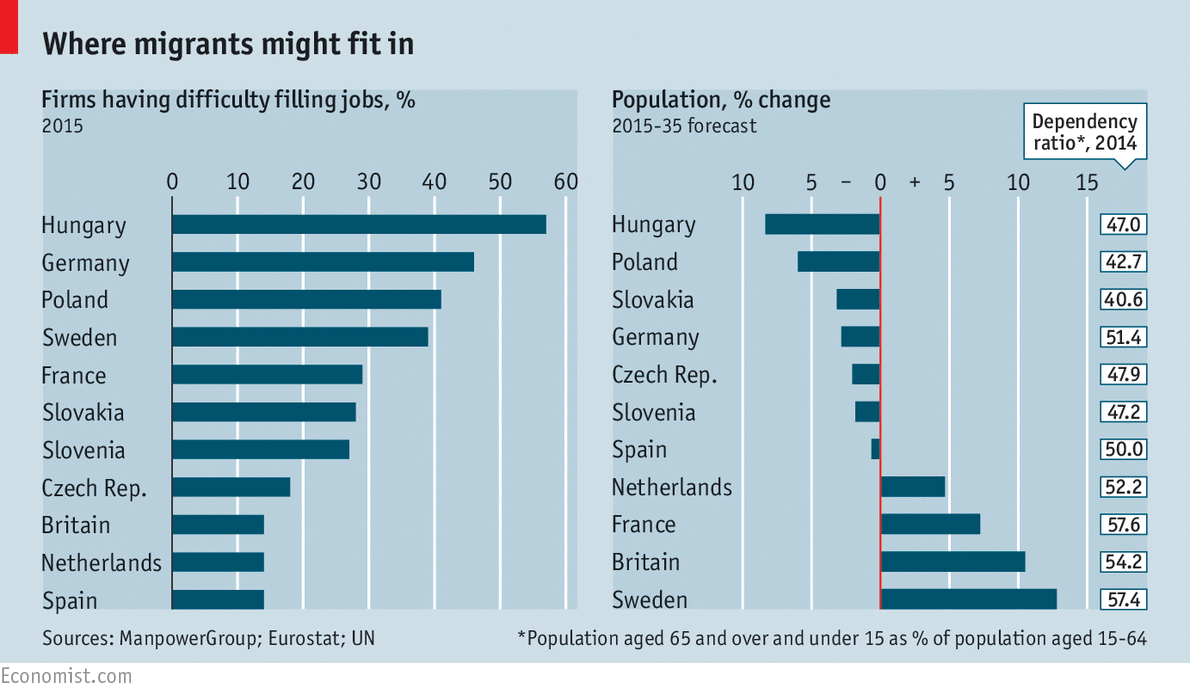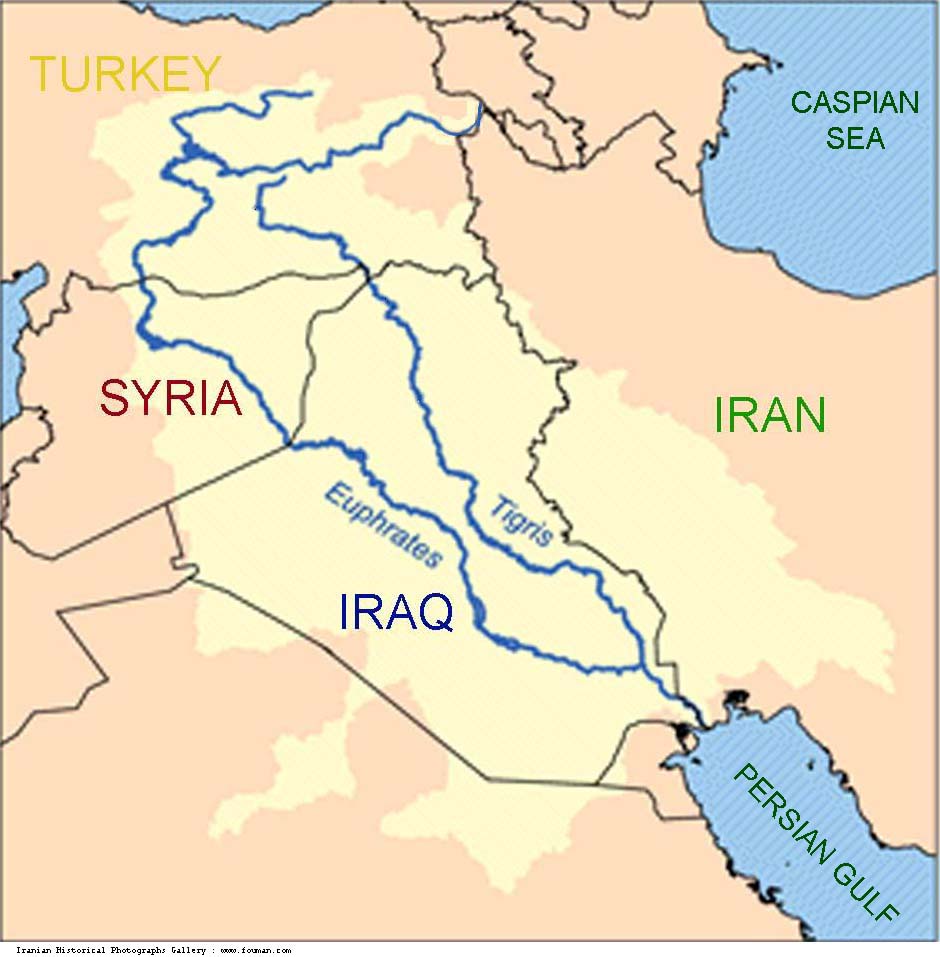Today’s reigning cliché is that the wily fox, President Vladimir Putin of Russia, has once again outmaneuvered the flat-footed Americans, by deploying some troops, planes and tanks to Syria to buttress the regime of President Bashar al-Assad and to fight the Islamic State forces threatening him. If only we had a president who was so daring, so tough, so smart.
The hysterical neocon viewpoint was amply represented by who else but John McCain, who told CNN’s Chris Cuomo that he could confirm that Russia’s initial strikes were:
Against our Free Syrian Army (FSA) or groups that have been armed and trained by the CIA, because we have communications with people there.
There was no similar howl of angst when NATO member Turkey started bombing the West’s friends the Kurds, instead of ISIS. So, no hypocrisy here.
And McCain calls them our FSA? We have no FSA, although the CIA trains a few groups. The prevailing neocon fantasy, that we could have prevented the Syrian mess by training and arming a bigger, badder “Free Syrian Army”, continues to pollute the Syrian issue, preventing honest debate. We trained and armed a million soldiers in Vietnam, 300,000+ in Iraq, and tens of thousands in Afghanistan. How did those efforts work out?
And our training of Syrian “moderate rebels” has been a total bust.
But, the Russians’ first foray didn’t hit ISIS, they hit other groups. Word is they hit targets north and west of Homs (al-Rastan, Talbisah and al-Zafaraaneh). This is an area controlled not by ISIS, but other rebel groups. And right on cue, we heard that they hit the Syrian “moderates”.
Imagine, the US couldn’t find “moderate” rebels for 3 years, but the Russians found them in 24 hours!
McCain characterized the Russian air strikes as:
An incredible flouting of any kind of cooperation or effort to conceal what their first — Putin’s priority is. And that is of course to prop up Bashar al-Assad.
It’s time for the US to move on. We need to accept the reality that Assad won’t be dealt with until the Islamist threat in Syria and Iraq is contained. It’s also time to let the Russians have a shot at containing the Islamist threat. Whatever Russia’s entry into Syria does for the confrontation with ISIS, it has clarified our thinking. Our strategy says we can’t work with Assad and Iran to attack ISIS. Putin’s strategy says work with Assad and Iran to attack Assad’s enemies and ISIS simultaneously:
• Putin’s first priority will be to secure the Russian base at Tartus and its air base at Latakia. That is what he has done with his initial strikes, as some insurgents have already tried to hit the Russian air base with rockets.
• After securing western and central Syria, Russia will work to take out ISIS, starting with eliminating a few ISIS groups that threaten Russian territory.
So, what should we be doing? Col. Pat Lang has a few ideas:
1. Obama should act as if Russia and Iran are more than just rivals and adversaries. This will take courage and leadership on his part to explain to the American people.
2. Obama must fully coordinate operations, intelligence analysis sharing and logistics with Russian and Iran.
3. We should forget about positive contributions to the ISIS fight from Turkey. Turkey is a major part of the problem.
4. We should ignore Saudi Arabia’s wishes with regard to Syria, since they support the jihadis.
Friedman describes the big advantage to letting Putin take the lead in Syria:
Let’s say the US did nothing right now, and just let Putin start bombing ISIS and bolstering Assad. How long before every Sunni Muslim in the Middle East, not to mention every jihadist, has Putin’s picture in a bull’s eye on his cellphone?
No one is arguing that Bashar al-Assad is a benevolent leader, but when US media and analysts at some think tanks start describing al-Qaeda as “moderate”, we need to rethink our strategy. Again.
You can’t go into Syria under the pretext of fighting ISIS and simultaneously try to depose Assad, only to gripe when Russia also goes into Syria under the pretext of fighting ISIS and props up Assad.
That sword cuts both ways.
The bottom line is that the US, and its ME and European allies are going to have to admit that getting rid of Assad is a secondary priority to our absolute requirement to contain and ultimately eliminate the threat from ISIS. They also must admit that none of the groups that the CIA and our ME allies have trained and supported represent a viable alternative to the Assad regime.
The sooner we do, the sooner Syria will cease to be the jihadi chessboard du jour, on which ISIS and a civil war in Syria have left hundreds of thousands of innocent people dead.
We need to turn a corner. Our current thinking has failed.




